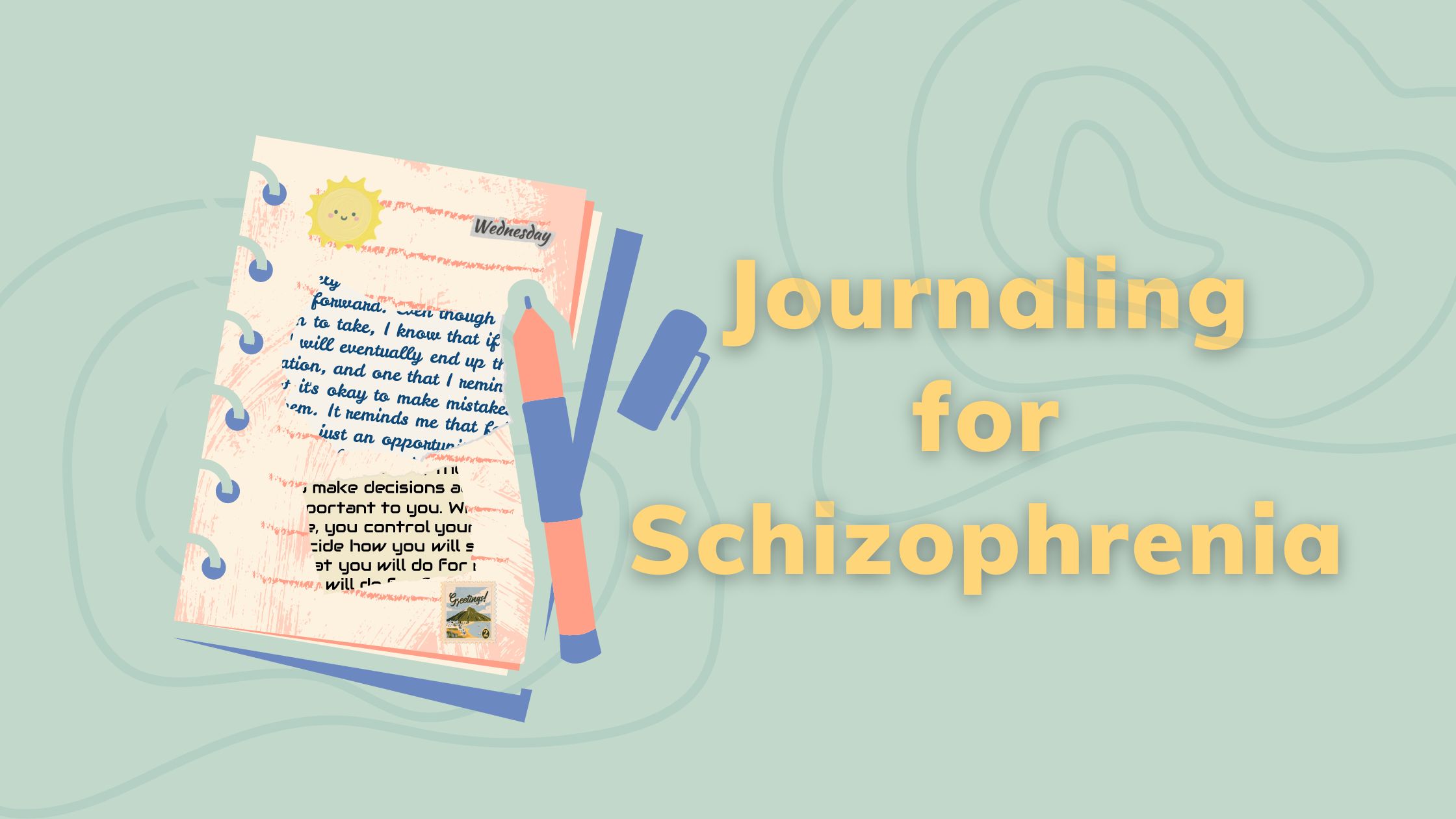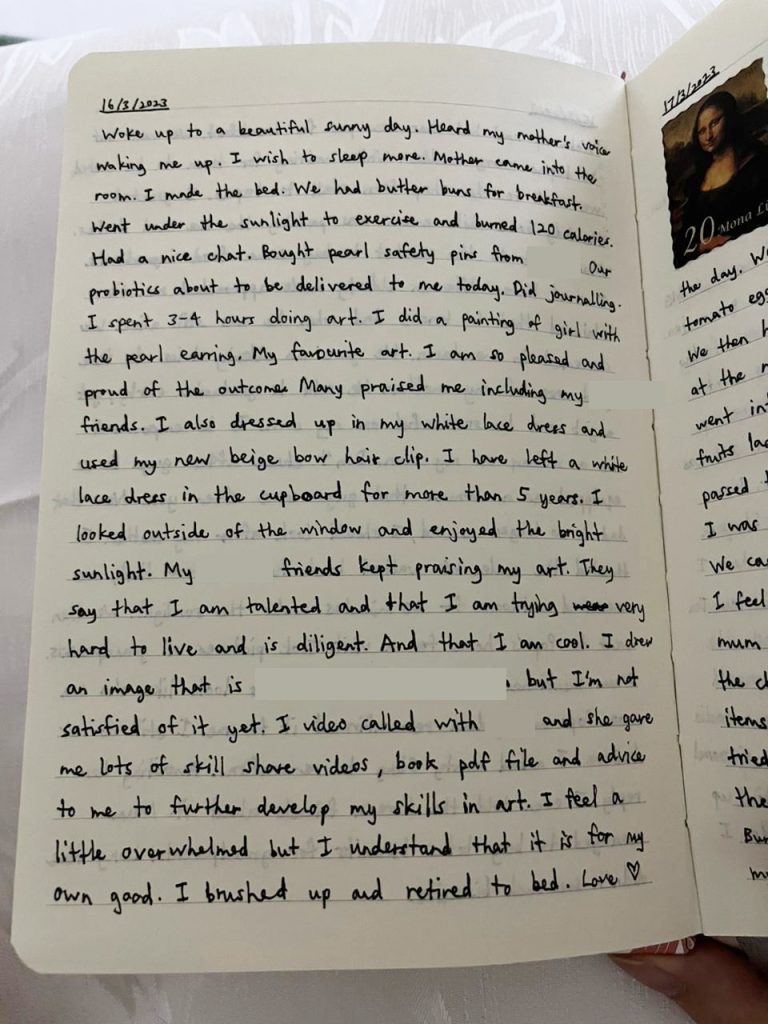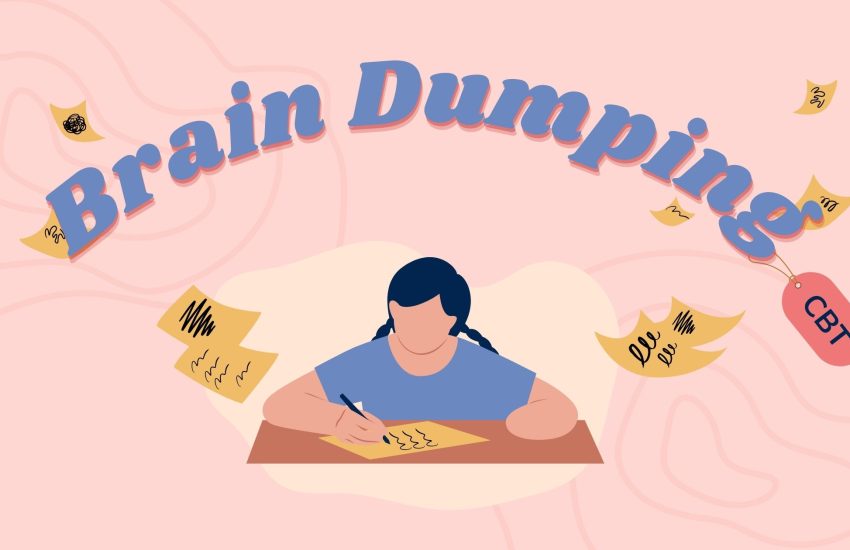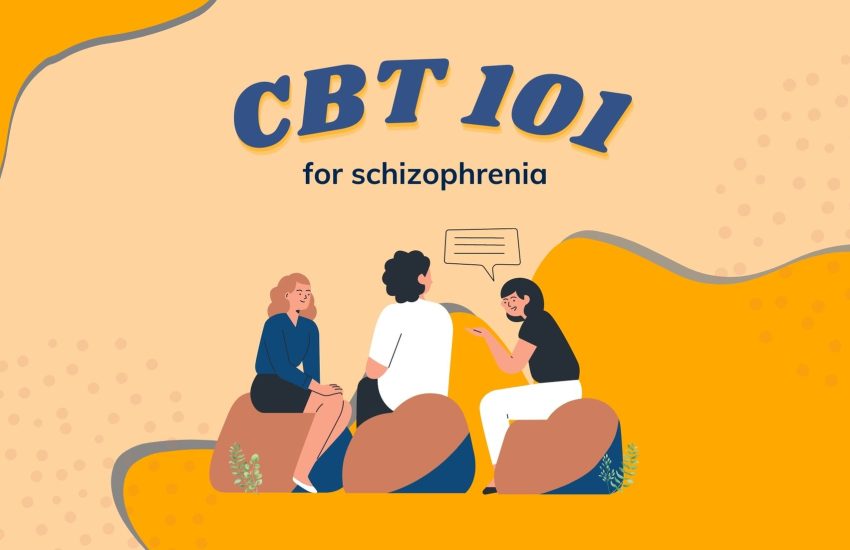
Journaling For Schizophrenics And Its Benefits
Journaling for people with schizophrenia or other mental health issues has tremendous benefits. Similar to meditation, it has a proven effect on calming the nerves and reducing anxiety.
Journaling may be used as an intervention for negative symptoms of schizophrenia. Effective journaling is one of the best ways to manage one’s time and make it more constructive.
One should not avoid journaling just because it requires a lot of effort to journal daily as it is fun and fulfilling to look back at the daily significant events that have been recorded in our journal.
Journaling as a coping skill is a great reason to begin. I hope to journal throughout my life so that I can look back and reflect on my life when I am old.
Journaling Helps With Psychosis
While journaling for schizophrenia is helpful but will not cure this mental issue, it is an excellent method to manage the symptoms better. It has been scientifically proven that serotonin and dopamine levels increase by expressing gratitude. This can be done through writing.
The process of writing down our thoughts and feelings is a form of release. Instead of having a friend, this is a time you spend with yourself to write down your real thoughts. Therefore, journaling can make tough days slightly better.
Always include journaling along with professional therapy, and proper medication to manage psychosis or schizophrenia. That’s the way to ensure a meaningful life.
Does Writing Help Schizophrenia?
The scientific benefits of journaling and writing are clearly documented. Journaling actually allows you to express your thoughts without any judgment. So you can go ahead and pour your heart out as you write.
As we have seen in this 2018 study, writing resulted in a significant reduction in anxiety and stress. Negative symptoms of schizophrenia can be eased by journaling as it helps schizophrenics focus on what we are writing. It puts our mind to it as we pour our emotions into writing.
A Taiwanese study in 2022 concluded that calligraphy resulted in schizophrenia symptom reduction. In the study, we can see how writing provides sensory and cognitive feedback to the brain. The focus on writing subsequently suppresses their psychotic symptoms.
I can only agree because I generally feel much calmer as my complex thoughts are channelled into words. It allows me to focus better on my tasks after that.
Journaling Helps With Overthinking
With schizophrenia or even other mental health issues, overthinking is one of the many things you may struggle with. It’s the intrusive thoughts and delusions that would get to me all the time. They sometimes disable my day.
Journaling helps to shift attention to writing and only think about one word at a time. This in return would generally help to ease our complex thoughts into writing.
When we use our eyes and hands while writing, we will be more aware and present of our current actions. It brings us back to reality.
Journaling promotes a good habit of training our brains. It helps boost focus, memory and concentration span. Mood swings can be managed better too.
How Does Journaling Help My Schizophrenic Brain?
Keeping a journal helps me to track daily activities better as it helps me to keep focus while writing. I especially enjoy documenting life events daily. Over a period of time, it helps me to be more mindful of my tasks as I reflect on the day.
What I like most is how journaling gets rid of my anxiety and improves my mood in general. I often feel happier and lighter after journaling.
As it is calming to journal, I tend to be less paranoid after spitting my thoughts on paper. I began identifying the negative symptoms of schizophrenia. This helps me to be more mindful of my thoughts.
Journaling also encourages me to discover my inner self. Often, I provide supportive words of encouragement to myself. This was quite a game changer for me as I began speaking more positively of myself.
Positive self-talk gives me the boost of confidence I need. It’s about the feeling that I have things in control and that I can work through any hurdle. That’s very important to me.
Journaling for Schizophrenia Improvements
My mental health is getting better over the years. Journaling did play a role. I’ve noticed the following improvements through tracking and reading my old journal entries:
- Better managing emotions
- Improved self-confidence
- Calmer when managing stress
- Boosting memory
- Boosting focus and concentration span
- Positive self-talk and outlook on life
- Completing more tasks to build a successful daily routine
- Symptoms of schizophrenia have reduced
- Improved vocabulary
- Being more creative with words and designing
How to Start Journaling?
Don’t feel overwhelmed. Despite the messy thoughts and intrusive thoughts, you can still write despite having schizophrenia.

As you can read above, I try to keep my sentences simple. Just don’t complicate the process.
I have journaled almost daily for the past 1.5 years. I bought a lot of journal notebooks with beautiful designs and lovely coloured pens for my journaling collection. Found it quite fun as I even bought beautiful stickers to decorate the journaling pages.
So my advice would be to pick a beautiful journal to call yours. Find joy in beautiful stationaries and paper.
What Should I Journal?
The easiest way of journaling is to write about your day. That was how I started. Begin writing about your breakfast and the weather. It may feel awkward when you first start but it will get better.
Everything that you jot down, every single word is progress for yourself and a medal for what you have done in your life. So show up for yourself daily and try not to miss a day. And if you do, just journal for the days you’ve missed.
Focus on gratitude when jotting down details of your day. Bringing up positivity in the aspects of your day will improve the benefits of journaling. It’s therapeutic and calming.
Journal Types for Schizophrenia
Besides free writing or brain dumping, you can also have a bit of structure to help with writing. They may be used to track your behaviour or mental state.
Your mental health professional could also benefit from the information. Consider one or more of the following to get the most out of journaling.
- Mood tracker
- Habit tracker
- To-do list to prioritize tasks
- Negative and positive symptoms tracker
- List of gratitude
I’ve tried tracking my daily exercise routine, mood and tasks. It gives me an overview of my progress. That brings a smile to my face every time I see it.
Writing is a form of expression. Do not allow schizophrenia to dictate your life. Instead, write your journal to tell your story and dictate your life. Because it is possible to make a change and you can do it!






